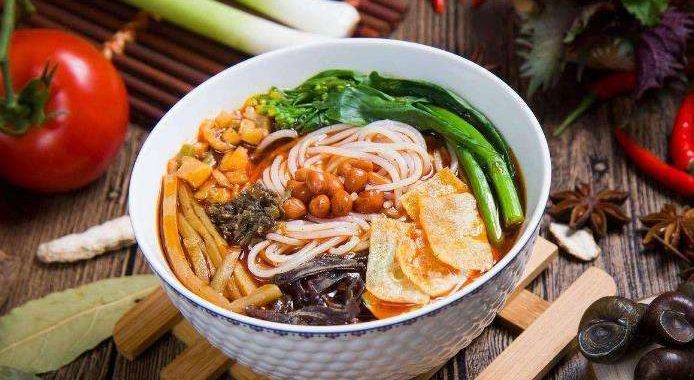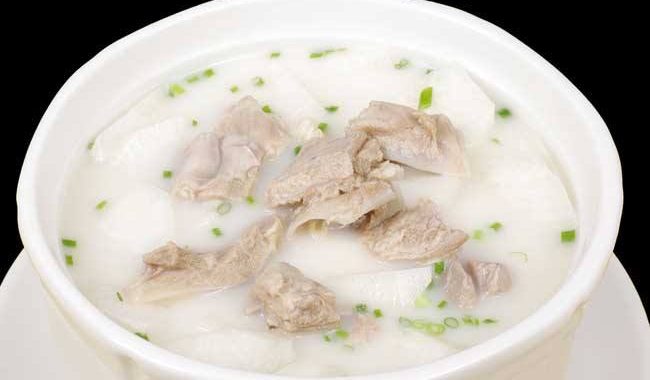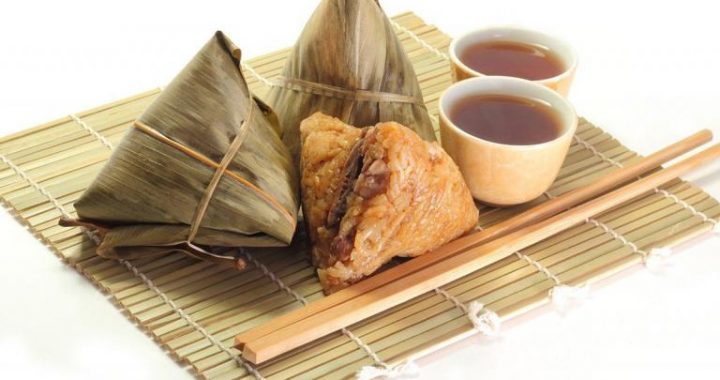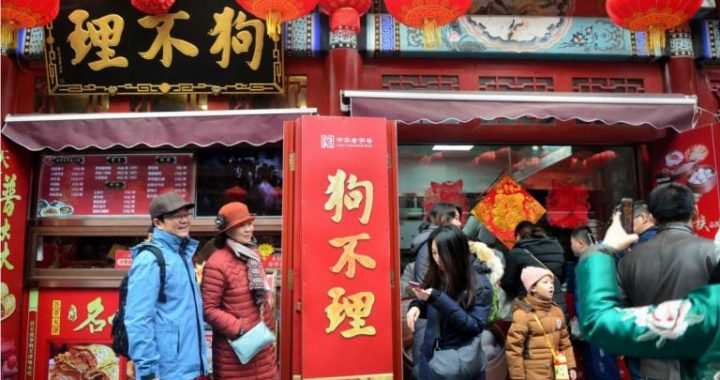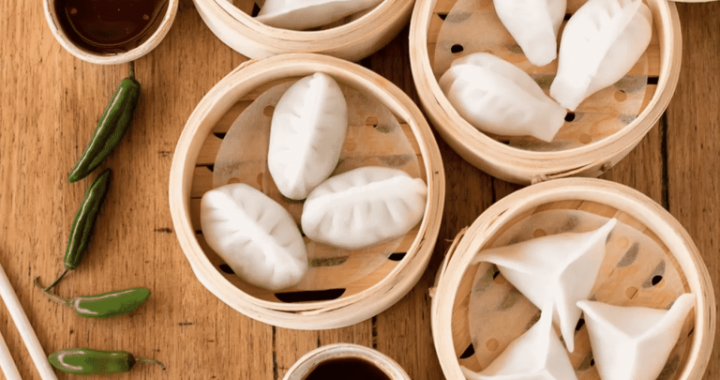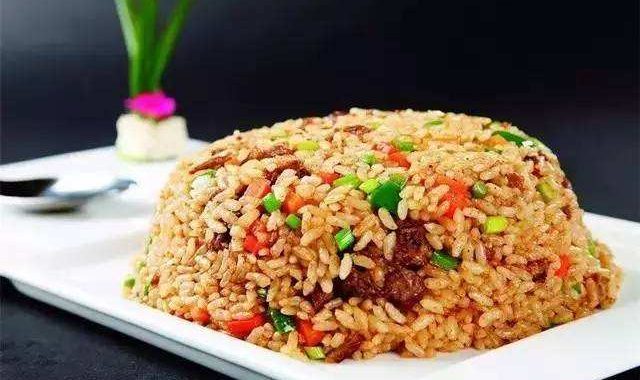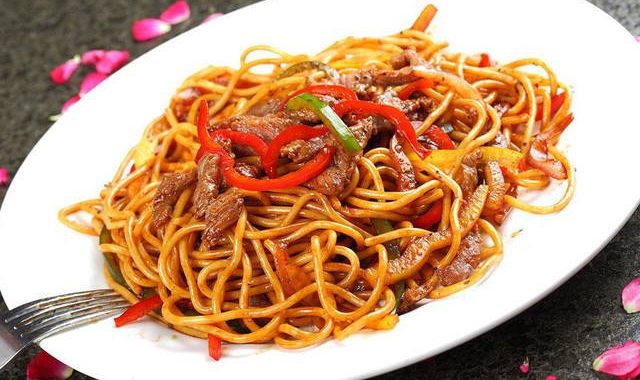Back to Basics
4 min readWhile ultra-high end dining is a major part of luxury travel the idea of rural tourism and eating the freshest and locally grown foods is gaining popularity in China as well.Liaoning has worked hard to become a center for rural tourism after successes in off-season,hot-house vegetable growing have produced fruit and vegetables not available in times before.
Additionally,the unique tastes and flavors in the cuisine of the varying ethnic groups that have made up the population of the province add to the menu of good eating.

As a province,Liaoning has a great deal to offer the food fan and the industry has done a great deal to cater to the growing tourism in eating.China is without a doubt an eating culture and searching out the best regional dishes tucked away from the main street is a popular aspect of Chinese tourists.Away from the coast the local produce takes center stage with seasonal harvests of corn,sweet potatoes,and other root vegetables in the winter and early spring to bright,leafy greens in late summer filling baskets and bushels bound for dining tables all over the province.
While visiting Yingkou specifically,a coastal city that rests along the Bohai Sea,I was able to sample mountains of really fresh and really cheap seafood.I know there is no really nice way to say cheap here,but it is the only word that really fits.Seafood and especially clams,oysters,crabs,and abalone are all normally expensive.They are some of the best things to eat and we all love them but they can be cost prohibitive.In cities like Yingkou,where they are abundant,you can find many all-you-can-eat,or to be honest,more-than-you-should-eat restaurants offering a fixed price for you to gorge yourself on the catch of the day.I did,and it was great.
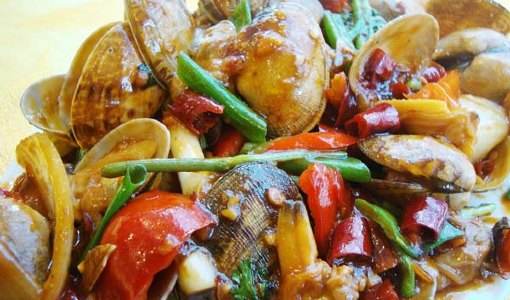
Dozens of kinds of green can now be had thanks to the hot houses.
Produce can be grown inside long tubes outside of the frozen earth.
Leafy butter lettuce was previously not a Liaoning crop, but has become a popular example of hot house produce.
Dalian, currently the jewel of Liaoning, is so famous for seafood that I witnessed something in the airport I had never seen before. For domestic flights a team of attendantscan pack your seafood purchase in large styrofoam crates, wrap it in plastic, box it up, band the outside of it and make it ready for the flight, all for a nominal fee. The line to wait to get your fresh seafood packaged for a flight is longer than at the check in counter. Food and eating is not to be taken lightly here.
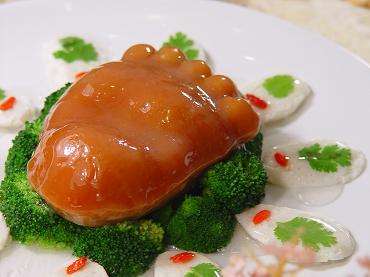
While seafood gets the glory, it is rural farming that is fast becoming a unique industry in Liaoning. As any guide book will tell you, and I speak from experience, Liaoning gets really, really cold in the winter. This winter lasts much longer than many tourists are use to.
What that also means for those who live in Liaoning is that whatever food you want to grow in spring needs to last all year. Finding what particular produce to grow and what can survive through the harsh climate change is paramount. Enter the development of hot houses and specialized indoor grow farms and what you can now eat and serve for dinner has greatly changed.

Different kinds of green can now be had thanks to the hot houses.
Pickled cabbage is the local specialty of Liaoning Province. Easy to grow and in abundance it is an ever present dish on the dining table available all year long. However the availability to grow and eat soft, buttery lettuce is something new. Xiaohan Village, not far from Shenyang has built a facility that grows exquisite and organic leafy greens, cucumbers, tomatoes and other vegetables that are sought after by high-end grocery stores and restaurants in the province. The facility is not really a farm as all of the vegetables are grown in very little to no soil suspended through a maze of piping and hardware that looks more like an incubator than somewhere you get your hands dirty from the digging in the dirt.
Xiaohan Village is a working farm so to speak but is also open to the public. For a fee, you can grab a basket and pick some of the most flavorful and freshest vegetables, many of which have not been previously available this far north in China. During the spring when the accompanying orchards are bursting with fruit, tourists come from all over to “get back to the land”and have the experience of being a real farmer. This is actually a fascinating business when you realize that China has progressed so rapidly that only two generations ago nearly everyone was a farmer and now the city folk return for a weekend to relive what had to be done in the past just to survive.

What is more unique about this is that rural tourism is not an inexpensive outing and many tourists are choosing this as a reason for visiting a region. Local farms are developing weekend packages that cater to those tourists who want to experience this rural lifestyle but also want to spend the evening soaking in the hot springs after picking a few kilograms of berries and lopping off a few heads of lettuce to take back to their home kitchen.
